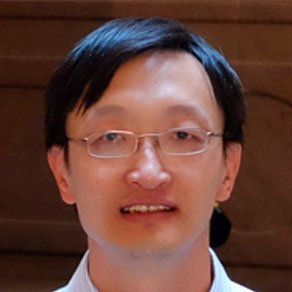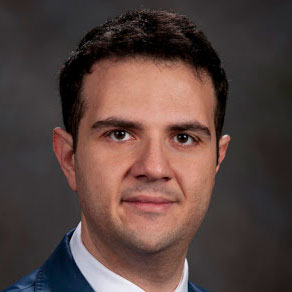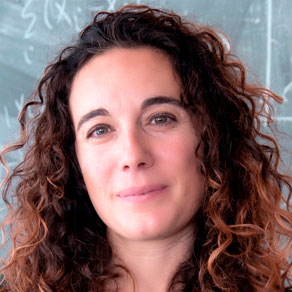
Kyle Keane
[introductory] An Introductory Course on Machine Learning and Deep Learning with Mathematica/Wolfram Language
Summary
An introductory course on Machine Learning and Deep Learning using Mathematica and the Wolfram Language.
Syllabus
I will start with a basic introduction of Mathematica and the Wolfram Language, demonstrating many of its broad range of capabilities. Then I will dive into some examples showing how to use traditional machine learning techniques using the Auto-ML features in the language. Finally, I’ll focus on specific examples where we will build, train, and deploy deep learning models based on different types of neural networks, especially on images and time-series data.
There will be hands-on sessions where the audience can write code and apply the techniques discussed in the course to solve several machine learning tasks using realistic datasets.
References
https://www.wolfram.com/language/fast-introduction-for-programmers/en/
https://www.wolfram.com/language/elementary-introduction/2nd-ed/
https://reference.wolfram.com/language/tutorial/NeuralNetworksOverview.html
https://resources.wolframcloud.com/NeuralNetRepository/
https://reference.wolfram.com/language/ref/NetTrain.html
https://www.deeplearningbook.org/
https://www.sciencedirect.com/science/article/pii/S0370269317310390
Pre-requisites
Some programming experience in any language and a basic understanding of machine learning and deep learning.
It is recommended to go through this quick introduction to the Wolfram Language before the course: https://www.wolfram.com/language/fast-introduction-for-programmers/en/
Short bio
Dr. Kyle Keane is a computational scientist with 15 years of extensive and continual R&D and teaching experience throughout academic, corporate, and startup settings. He is currently an AI Research Scientist within the MIT College of Computing’s Quest for Intelligence, a multi-faculty research center aiming to explore the intersection of human, natural, and artificial intelligence. Dr. Keane’s recent research focuses on the intersection of perception, cognition, education, and learning in humans and machines.
During his time at MIT, Dr. Keane has served as Lecturer and taught applied computational methods extensively across many departments at MIT. His flagship class is 6.811/2.78/HST.420 Principles and Practices of Assistive Technology, which is a project-based applied engineering capstone subject in which student teams work directly with a local community member who lives with a disability to co-design a novel application of technology to increase independence for a specific life activity. Student projects frequently include the application of AI and machine learning toward augmenting and supplementing human abilities, such as perception, decision-making, and communication.
Before joining MIT, Dr. Keane worked at Wolfram Research (the makers of Mathematica and Wolfram|Alpha) as a Research Programmer for many years helping develop business partnerships to launch new products and services to help persons with disabilities live more independently, including writing code that let’s Apple’s Siri speak the answer to technical questions provided by Wolfram|Alpha.
























